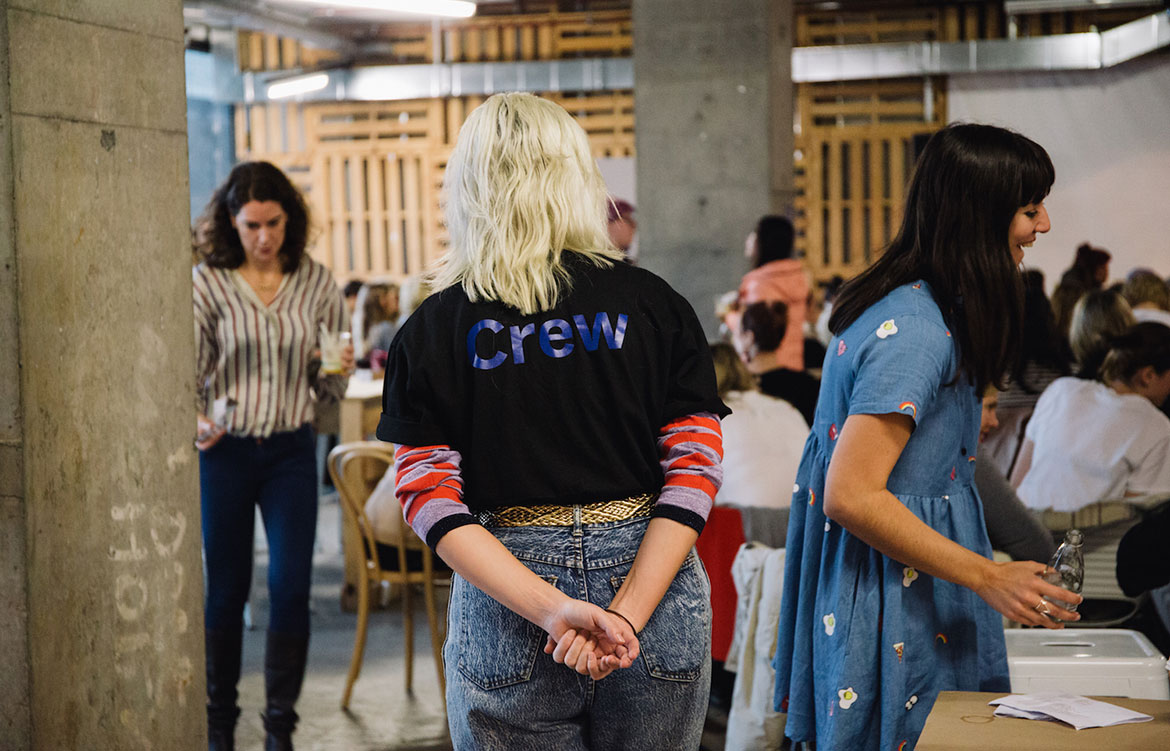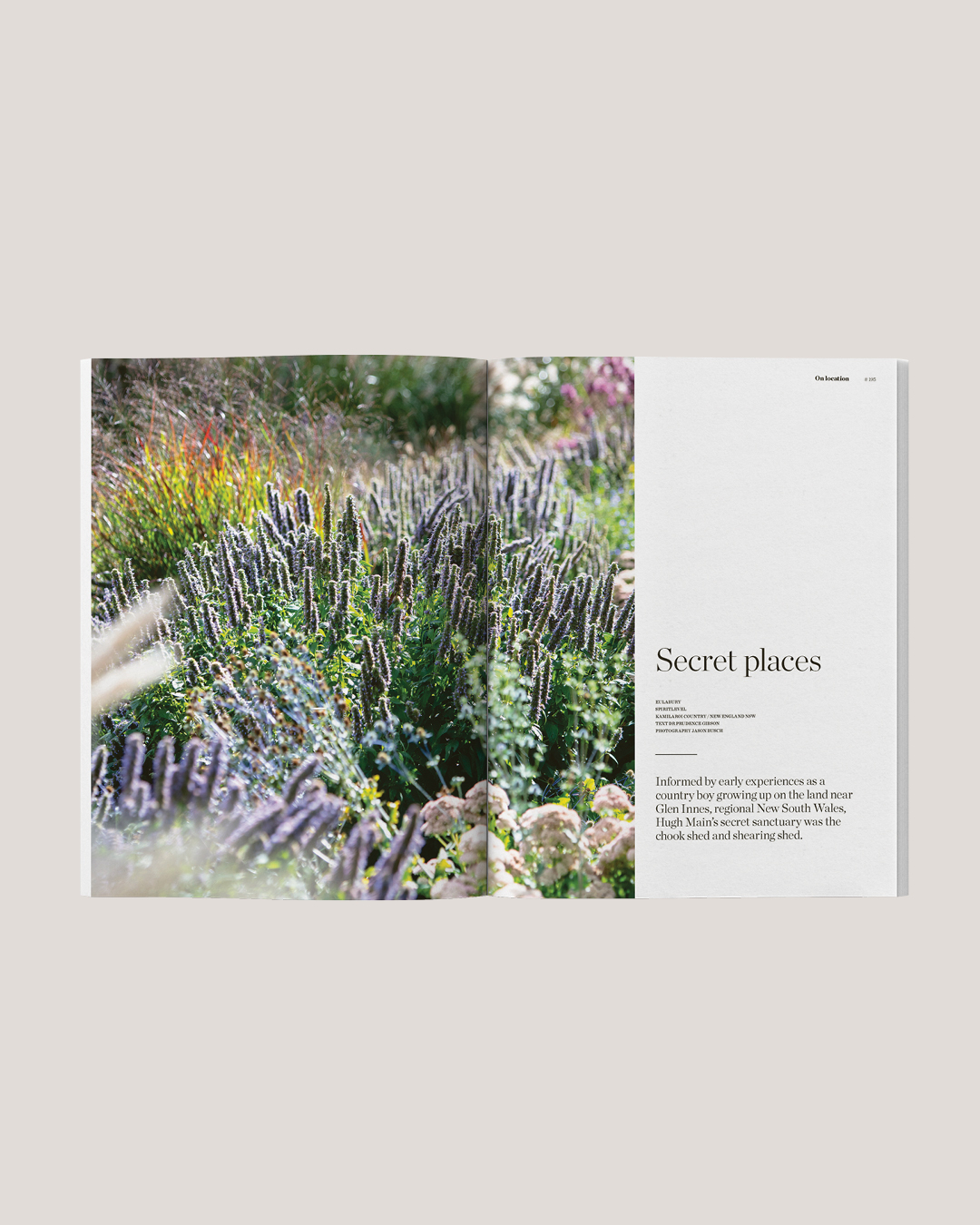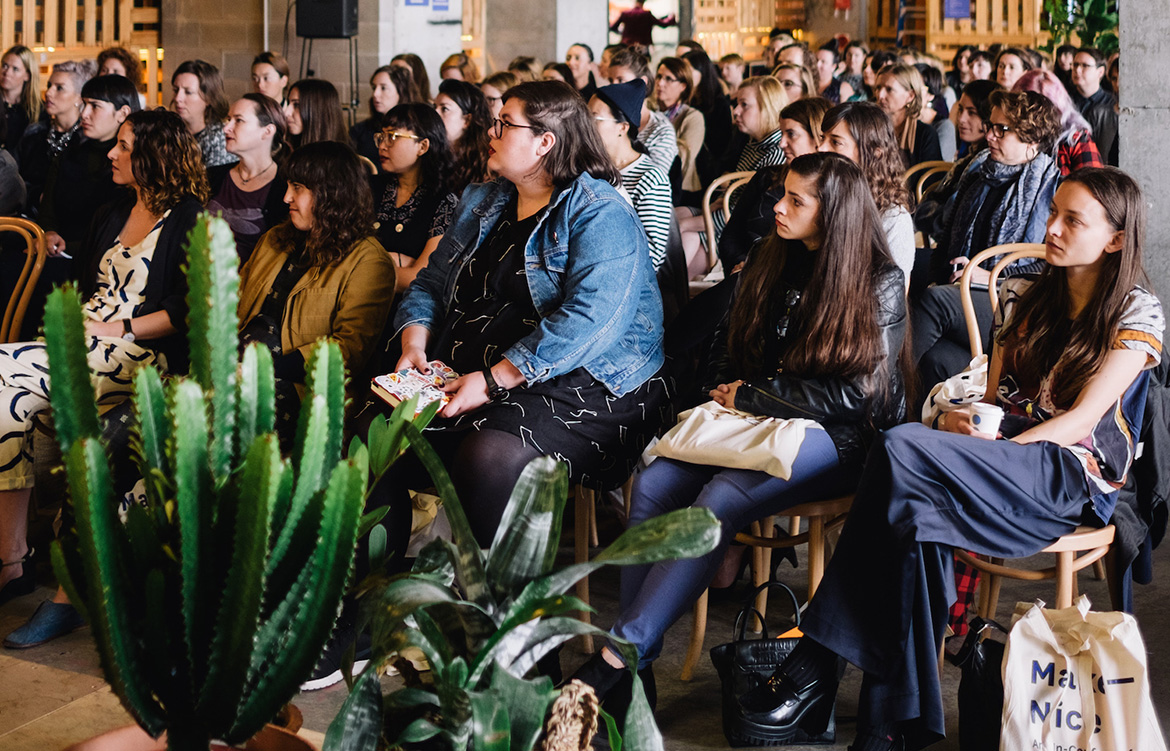If you’re not part of the solution you’re part of the problem, right? That may sound a little black and white for a world in which we all know there are 50 shades of grey, but it seems fitting for Ngaio Parr, founder–creator of the Make Nice Un-Conference, exuding a somewhat of an A or B – and nothing in-between – attitude.
As with most industries there is room to improve in ours. There are things we could do, initiatives we could ignite, to improve attitudes, experiences and equal opportunity. Make-Nice is one such example.
When Ngaio relocated to Sydney and began teaching design and illustration at the University of Technology, she started to notice little things that seemed at odds with what they should be. For instance, teaching a predominantly female-filled auditorium male-dominated content; noticing her female friends, colleagues and contemporaries lose ownership of their ideas in order to get ahead or assimilate into a perceived boys club; and attending creative conferences she felt were speaking to a very specific audience.
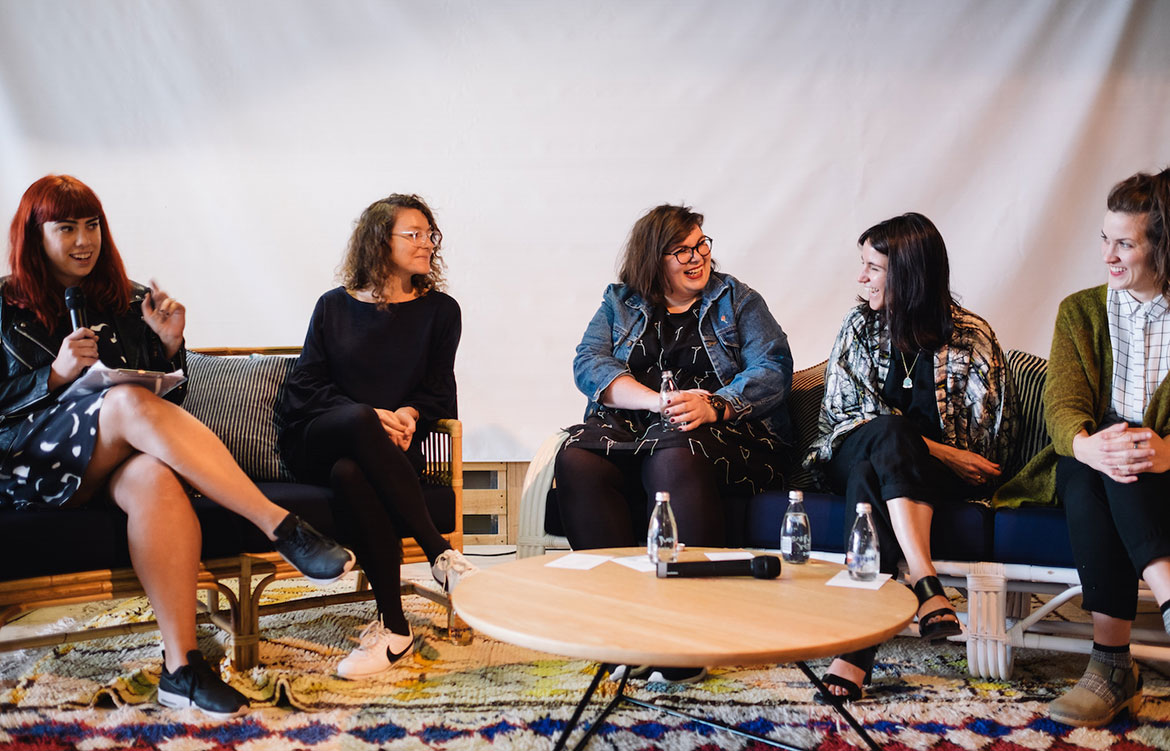
But we’re not here to dwell on the negatives. Ngaio took note of what was missing – and who was missing out – and rectified the situation. The Make Nice: Un-conference for Creative Women was launched in 2016 and is curated around providing practical advice and informative discussions for women doing creative work in any and all its forms: illustrators, writers, photographers, designers, makers, bakers, curators, artists and songwriters, gamers, painters, producers and so on. The community created, perhaps initially as a byproduct but now one that is very much fed and encouraged, lives on via a global slack channel affording the continued ability to support, communicate and collaborate.
The conference itself, held this year on Saturday 22-23 September, kicks of with drinks and an exhibition of the speakers’ and panelists’ work on the Friday night: the social events being key to create a comfortable and friendly environment. A full day on Saturday consists of four keynote addresses and two town hall discussions. But the topics, such as I’ve Started My Thing, Now What?, Confidence in Career, Pressure to be Perfect/ Imposter Syndrome and Collaboration over Competition, came about in a very unique way.
“The panel discussions are formed based on what our slack group has been talking about throughout the year,” says Ngaio. “Everything that is programmed or curated in is because our community has asked for it.
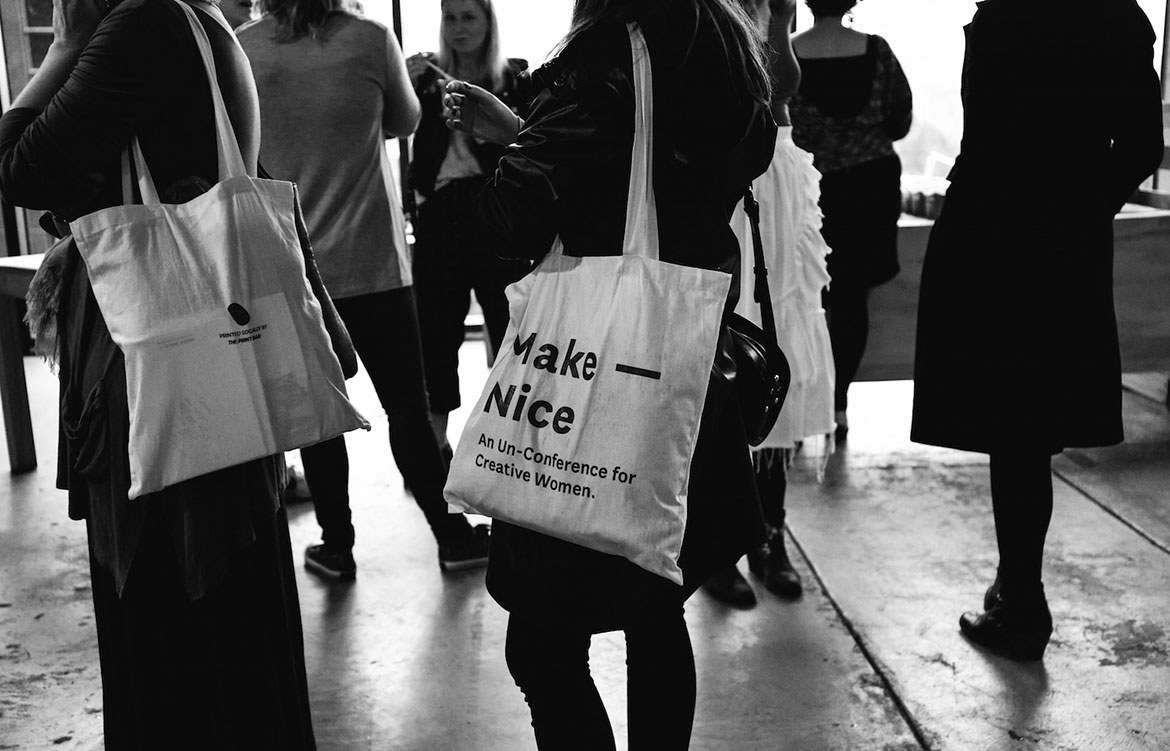
“As you buy a ticket you write down the three issues that are important to you and the ones that are coming again and again are confidence: how to create a collaborative environment for woman – which obviously we’re trying to do with Make Nice to stop that competitive nature that’s kind of bred into us from education systems; how to manage a team effectively; how to stop gender bias when you’re seeing it happen if you’re not in that senior position; how to get into that senior position; how to price yourself fairly; how to negotiate yourself fairly. A lot of them come down to confidence. The imposter syndrome in particular is one of the things that ties that all together.”
Clearly coming from a similar intention is the reality that there is no separation between speakers and attendees at the Make Nice Un-conference. They’re there for the entire day sitting in the crowd, chatting casually amongst the masses, and enjoying the social events. Likewise they’ve been chosen to speak because they’re in a position that is likely to be three steps ahead of the rest of us, not 30, sharing their experiences in a way that is relevant and applicable, rather than so far off it feels un-relatable. And there’s no portfolio showcasing, either. “All of our speakers are asked not to talk about their work but troubles they’ve had getting to that position, or advice they’ve been given but ignored,” adds Ngaio.
To put in in their own words, this participant-led experience-slash-conference is proof that making nice works. See you there?
Make Nice: Un-conference for Creative Women, 2017
Friday 22nd September, 6-9pm
Saturday 23rd September, 8am-6pm
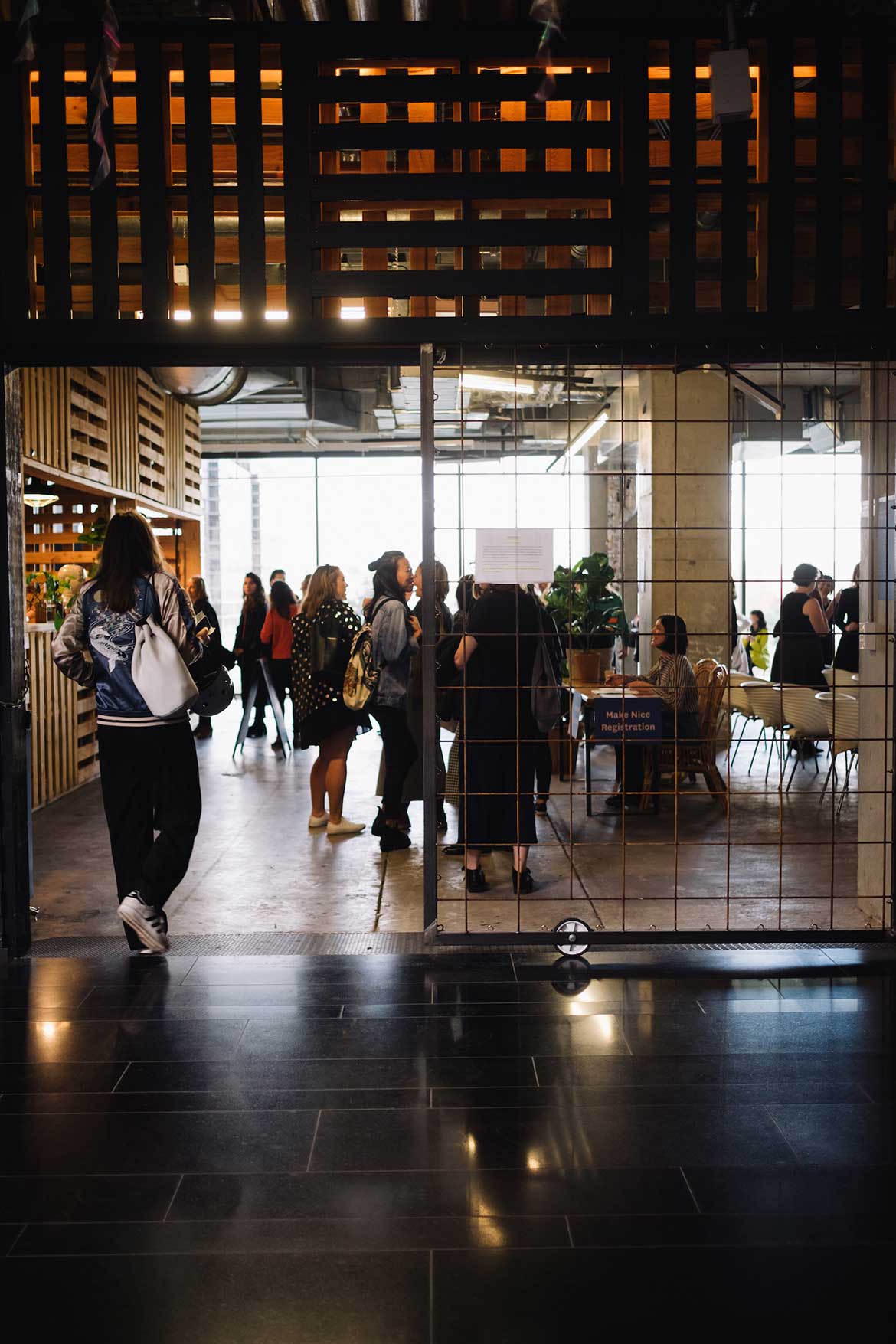
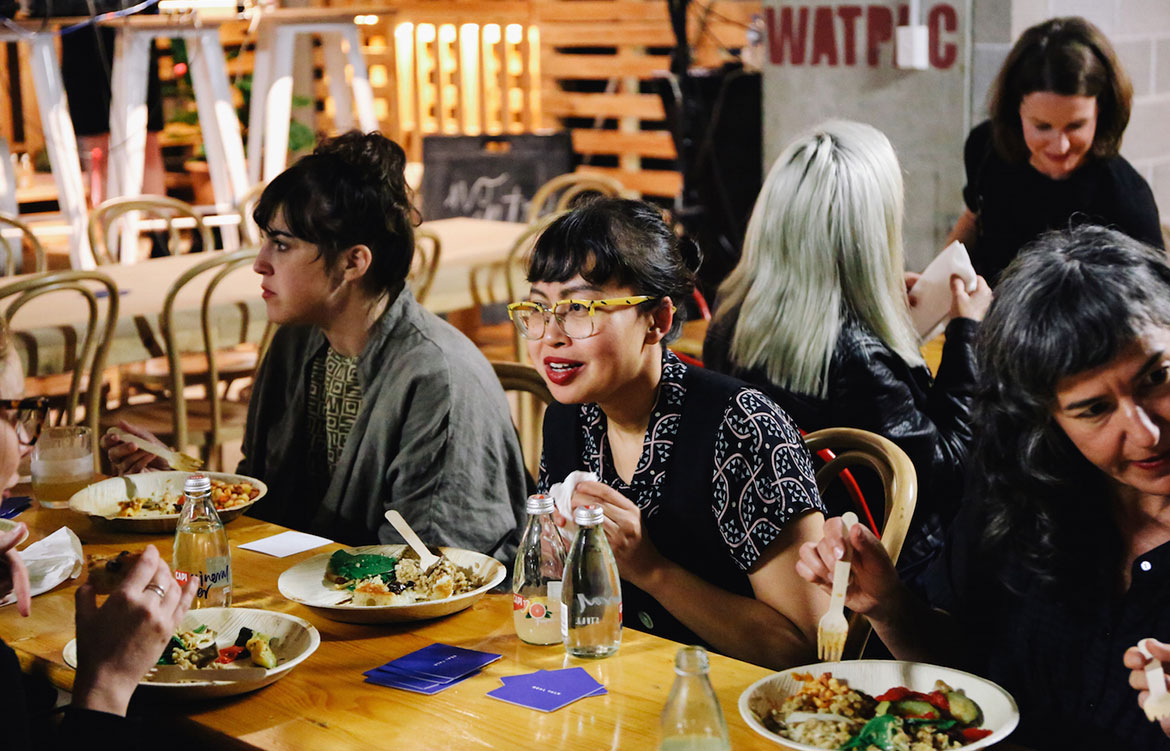
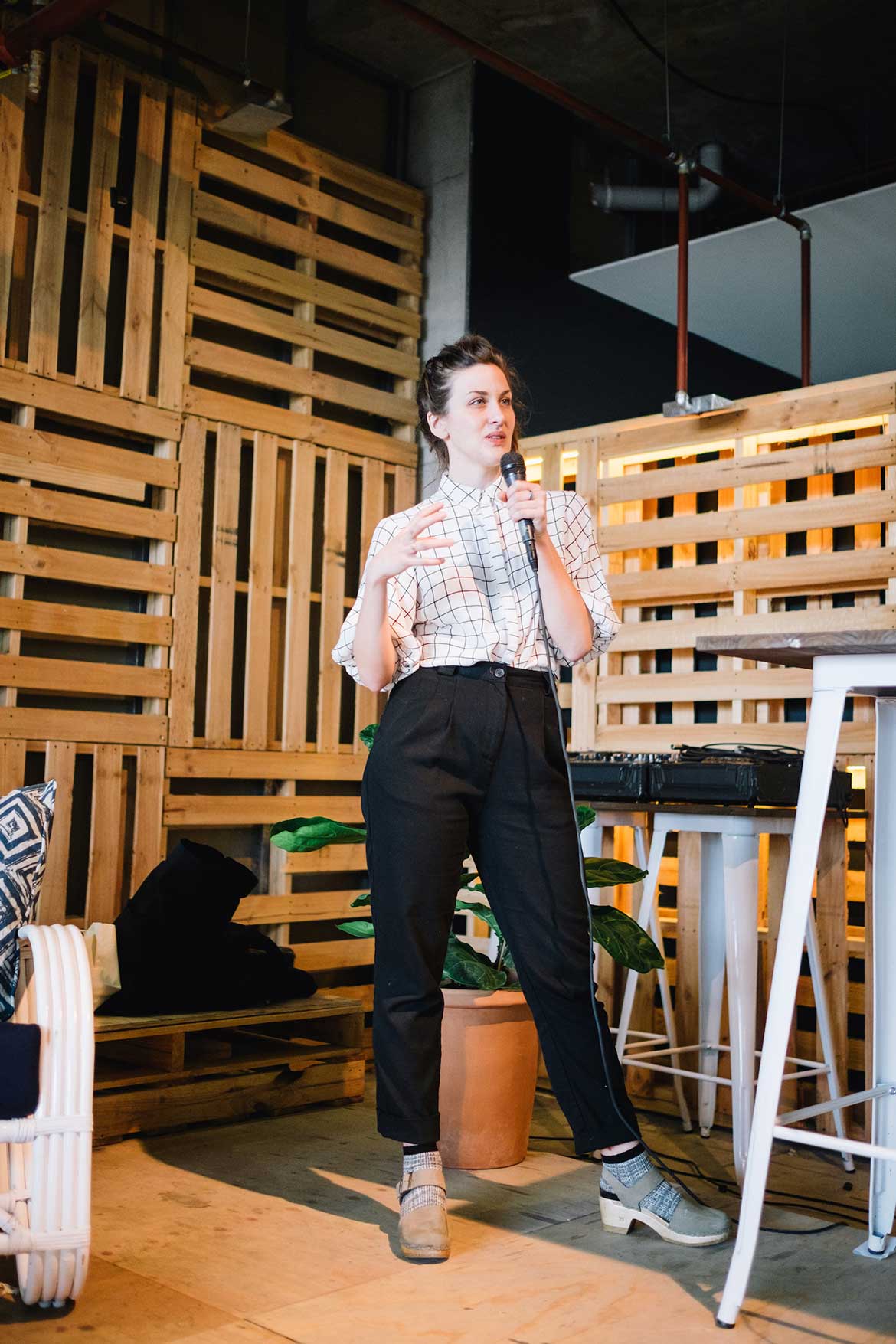
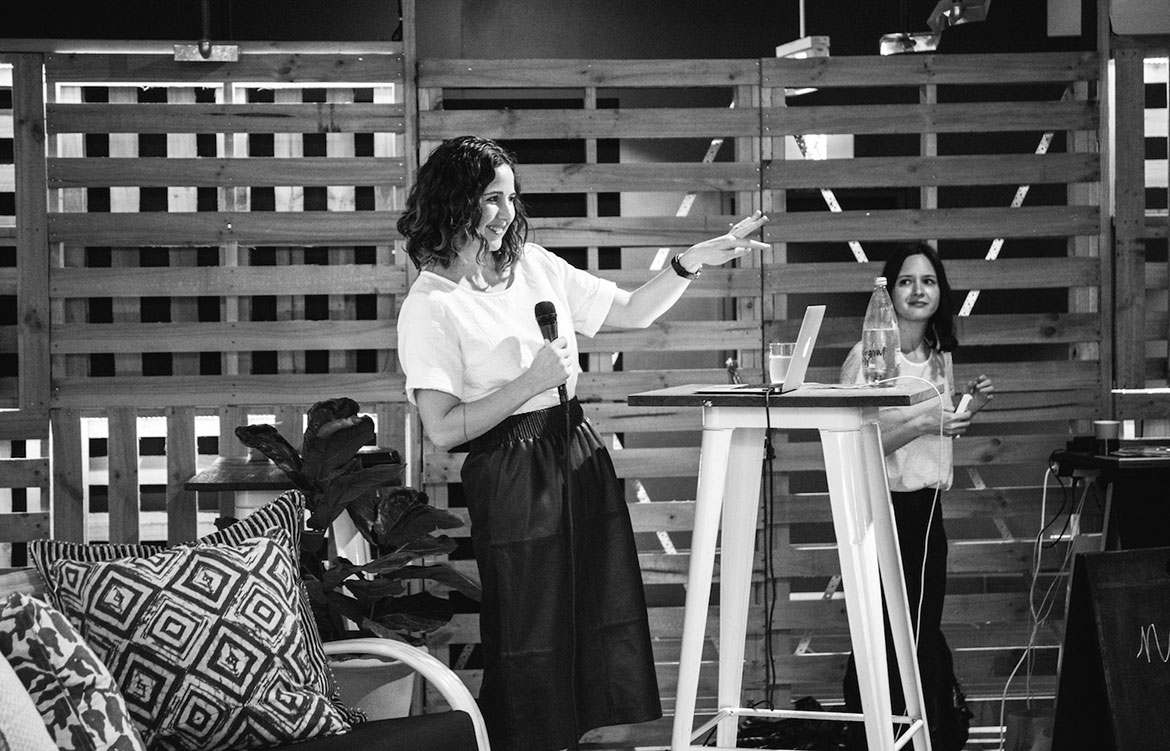
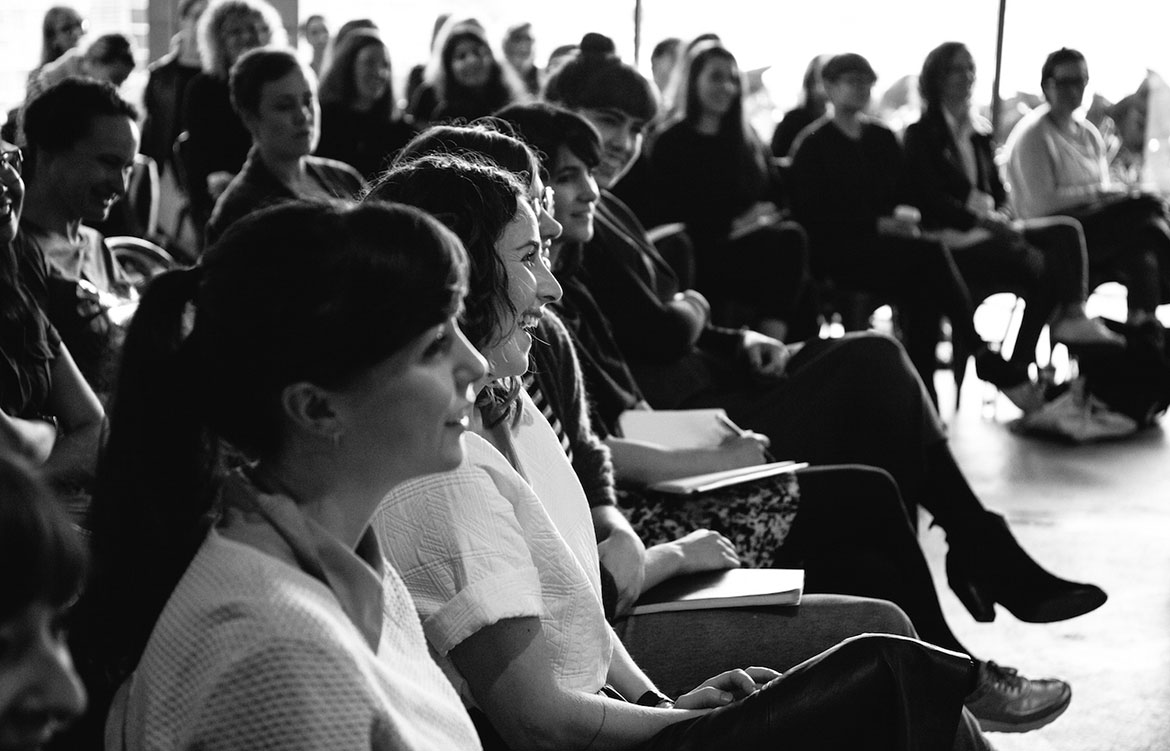
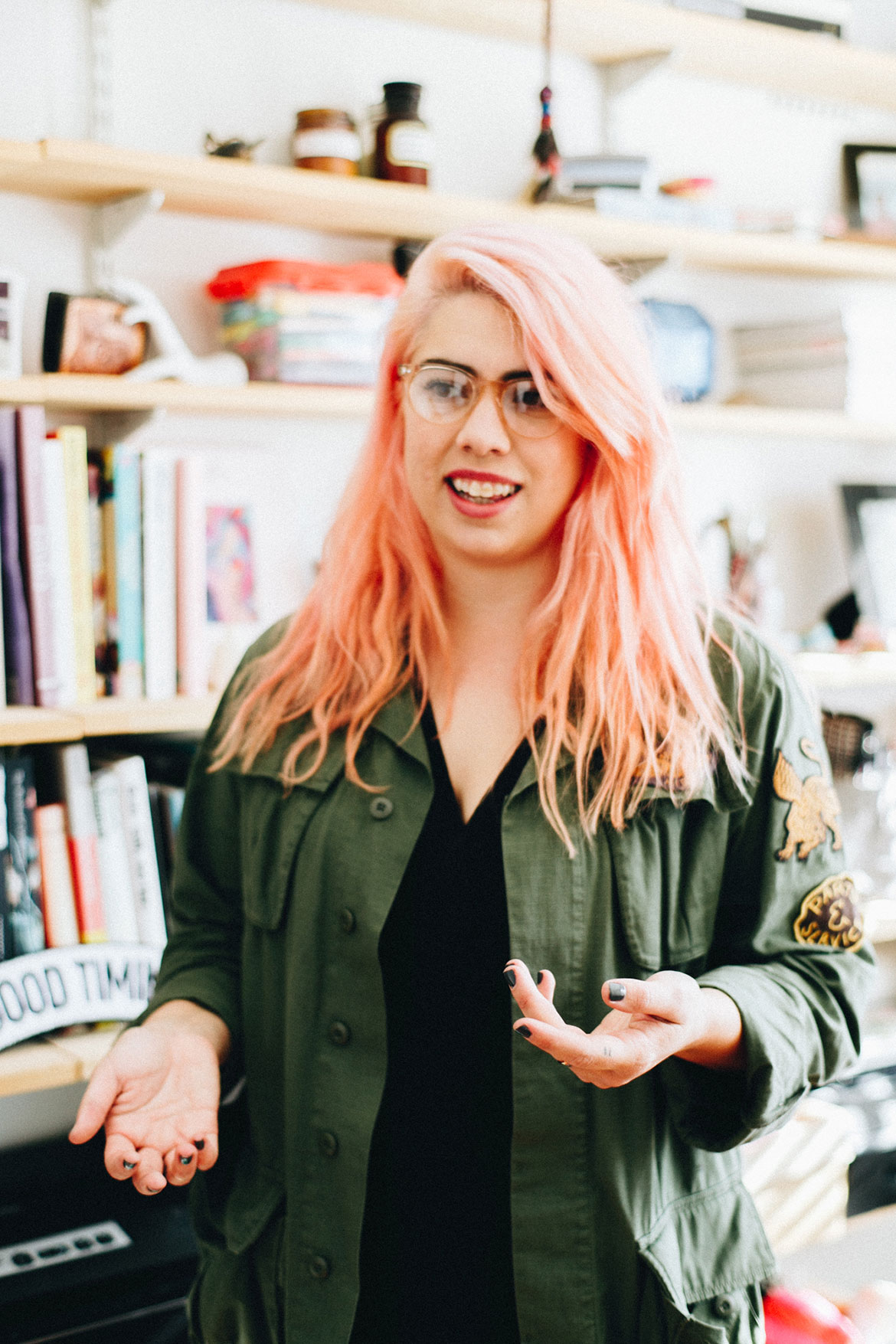 Ngaio Parr
Ngaio Parr